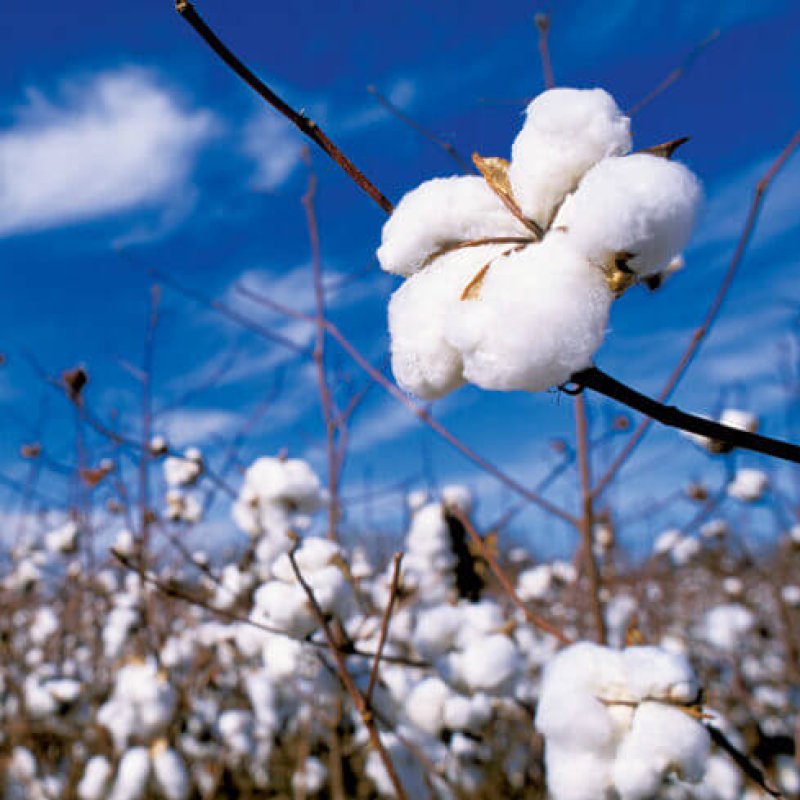With prices down and weather patterns unpredictable, these are tough times for America’s cotton farmers, but new research led by Z. Jeffrey Chen at The University of Texas at Austin might offer a break for the industry. He and a team have taken the first step toward a new way of breeding heartier, more productive cotton through a process called epigenetic modification.
In recent decades, scientists have discovered that many traits in living things are controlled not just by their genetics—what’s written in the code of their DNA—but also by processes outside their DNA that determine whether, when and how much the genes are expressed, known as epigenetics. This opens up the possibility of entirely new ways to breed plants and animals. By selectively turning gene expression on and off, breeders could create new varieties without altering the genes.
In this latest study, the researchers identified more than 500 genes that are epigenetically modified between wild cotton varieties and domesticated cotton, some of which are known to relate to agronomic and domestication traits. This information could aid selection for the kinds of traits that breeders want to alter, like fiber yield or resistance to drought, heat or pests. For example, varieties of wild cotton might harbor genes that help them respond better to drought, but have been epigenetically silenced in domesticated cotton.
[Read the full study here.]
The GLP aggregated and excerpted this blog/article to reflect the diversity of news, opinion, and analysis. Read full, original post: First Step Taken Toward Epigenetically Modified Cotton































